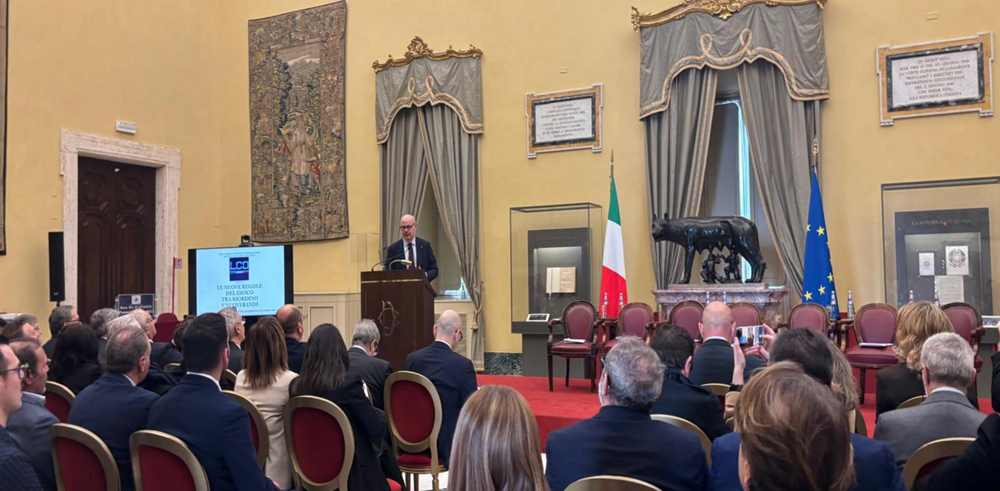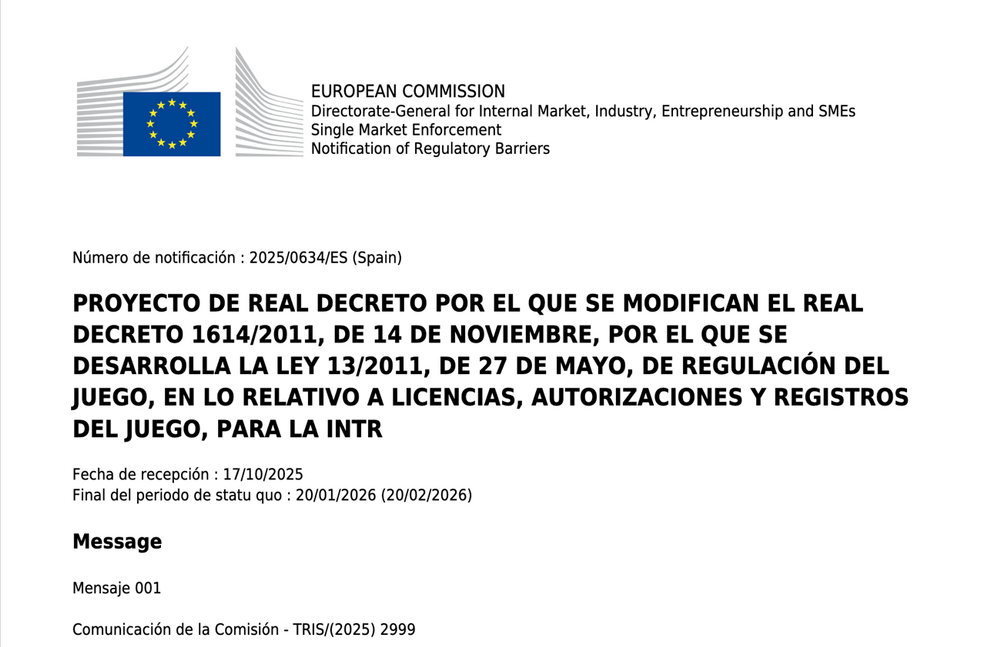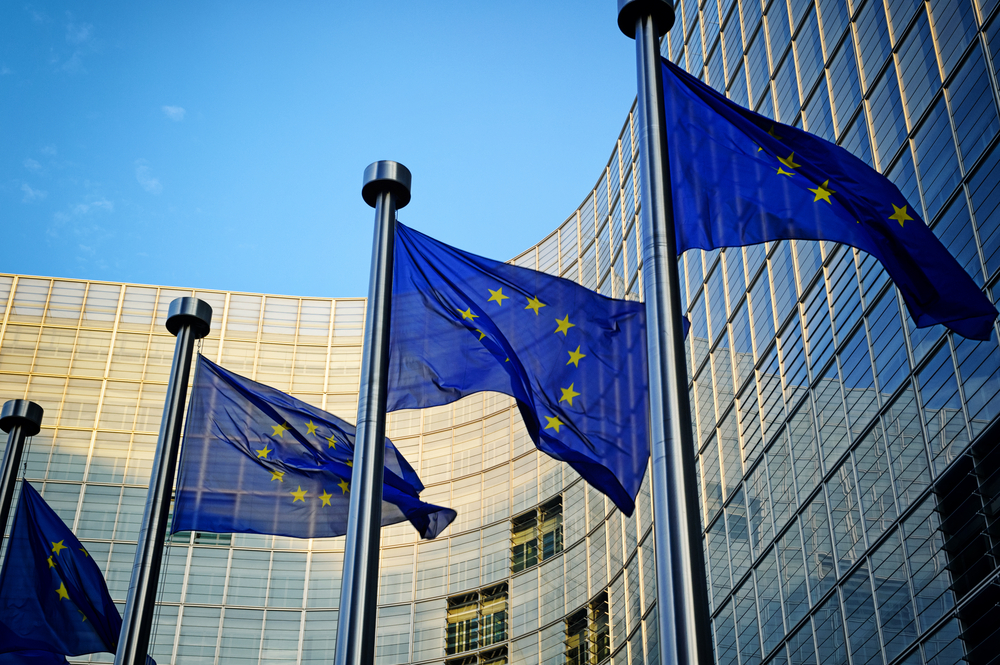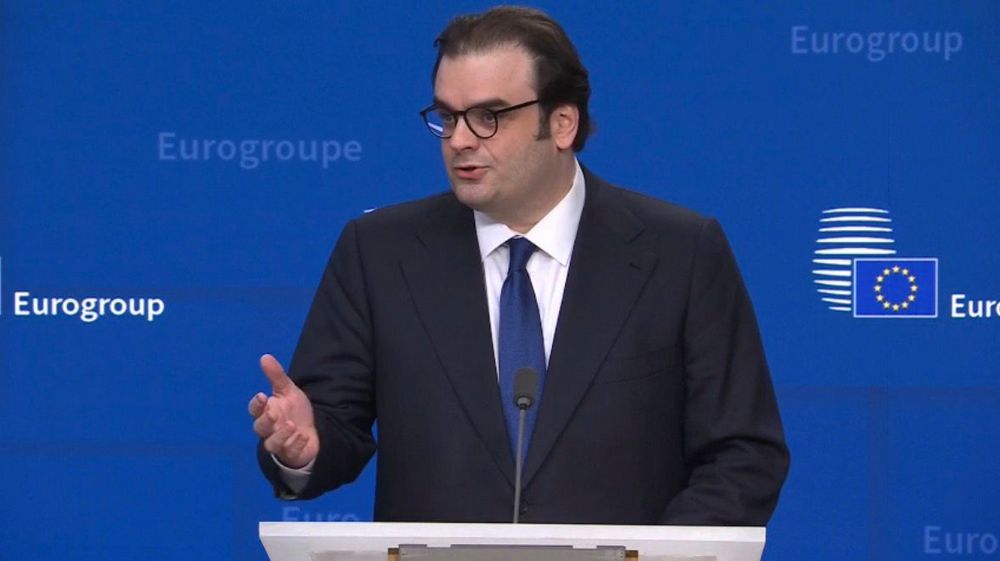Romania has introduced a sweeping set of gambling reforms aimed at reshaping its regulatory landscape and prioritizing consumer protection, signaling a broader shift in how European nations approach gaming oversight.
Backed by the Save Romania Union (USR), the proposed legislation includes a mandatory national self-exclusion system, enabling players to instantly block themselves from all licensed operators, as well as a spending cap of 10% of each player’s declared monthly income. The enforcement of these measures would be shared among gambling operators, financial institutions, and tax authorities.

The reforms are intended to curb excessive gambling and promote accountability in the industry. Proponents claim these controls are overdue and necessary to reduce gambling-related harm—particularly in vulnerable communities. If enacted, Romania could become a model for socially responsible regulation in Eastern Europe.

Sanctioned by USR Senate leader Ciprian Rus, the party has introduced two distinct bills designed to reduce harm and modernise regulatory oversight:
Bill 1 seeks to simplify self-exclusion for Romanian citizens, requiring ONJN to provide a prominent opt-out button on its website. This would allow players to immediately block access to online gambling operators, replacing the outdated process involving in-person visits and handwritten forms. ONJN would also be required to publish real-time statistics on exclusion requests to improve transparency and public accountability.
Bill 2 proposes a “hard ceiling” on gambling spend, limiting consumer outlay to no more than 10% of an individual’s declared monthly income.
Enforcement would fall jointly on operators, financial institutions, and tax authorities — placing affordability checks and data-sharing firmly on the agenda.
However, the proposals have sparked political and technical debate. Critics argue the reforms were drafted without proper consultation and lack implementation clarity. The USR, which authored the bill, has also lost parliamentary strength after recent elections, casting doubt on the bill’s legislative future.
Simultaneously, the National Liberal Party (PNL) has introduced a proposal to ban gambling advertising entirely, aiming to reduce exposure, especially among younger audiences. Whether Romania’s legislative efforts succeed or stall, the message is clear: the era of unchecked gambling expansion in Europe may be coming to an end.








































